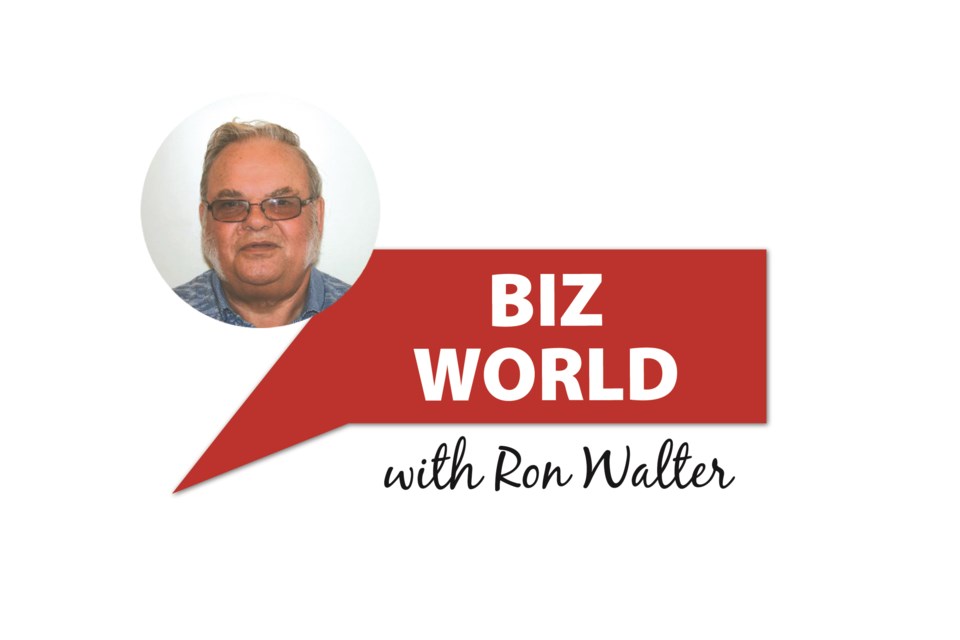Thirty years of global peacetime dividends abruptly ended when Russian dictator Putin ordered his troops to invade Ukraine.
Ever since Russia’s Gorbachev disbanded the Communist Party and started reforming his country towards a market economy, leaders and economists have touted the benefits of the peace time dividend.
That dividend allowed less government spending on defence and more on social programs. It was viewed as a path to democracy as people in Russia learned the advantages of private ownership and open markets. It was seen as a path to international peace as various countries traded with each other.
The seven decade old Iron Curtain lifted; trade with Russia grew as did investment from oil and gas to fast food stores like McDonald’s.
The idea of private ownership wasn’t properly promoted in a population with hundreds of years of rule under brutal dictators.
Everybody in Russia received shares in the business where they worked. Most saw no value in the shares and traded them for a bottle of vodka, providing the oligarchs with a financial base.
When Putin became Russia’s dictator, the few steps towards democracy were stalled. Opposition in the media and in politics was stifled or jailed.
The oligarchs were allowed to steal from the Russian people at will in exchange for Putin having the sole hand at the helm.
Nearing the end of his time the aging Putin wanted to go down in history as the ruler who restored boundaries of the old Russian Empire. He has made former satellites of Belarus, Azerbaijan and Georgia dependent on Russia.
Ukraine was one remaining former state Putin also wanted for strategic purposes. It served as a buffer between Russia and NATO and is a leader in production of uranium, iron ore, strategic metals, manganese and titanium and in agriculture.
Putin or his successor couldn’t stand a thriving democratic market economy next door to the stagnant Russian model.
So he invaded and used his nuclear trump card to keep NATO from interfering.
Parallel to this was the peace time dividend when China relaxed its closed economy and opted for a market economy, growing to be the world’s largest economy.
The Tiananmen massacre of students and more recent treatment of Hong Kong shows that Chinese leadership has no plans to let the peace time dividend turn that nation into a democracy.
Stiff financial sanctions on Russia have driven Putin into the arms of China for trade, selling Russian oil and gas and depending on China.
The peace time dividend model headed for bankruptcy.
An end to wide open international trade and investment has significant impact on trading nations like Canada.
No longer can we count on China as an endless market for canola, wheat, hogs, coal, natural gas and other resources. Nor can we expect to grow markets to Russia.
European markets present transport obstacles.
Canadian exporters must look closer to home for markets. Mexico, Central and South America compete with Canada in most exports. Tapping into those markets has little growth.
We will be ever more dependent on the United States and hope the U.S. will recognize its need for a stable supply of oil and natural gas.
Ron Walter can be reached at [email protected]
The views and opinions expressed in this article are those of the author, and do not necessarily reflect the position of this publication.




